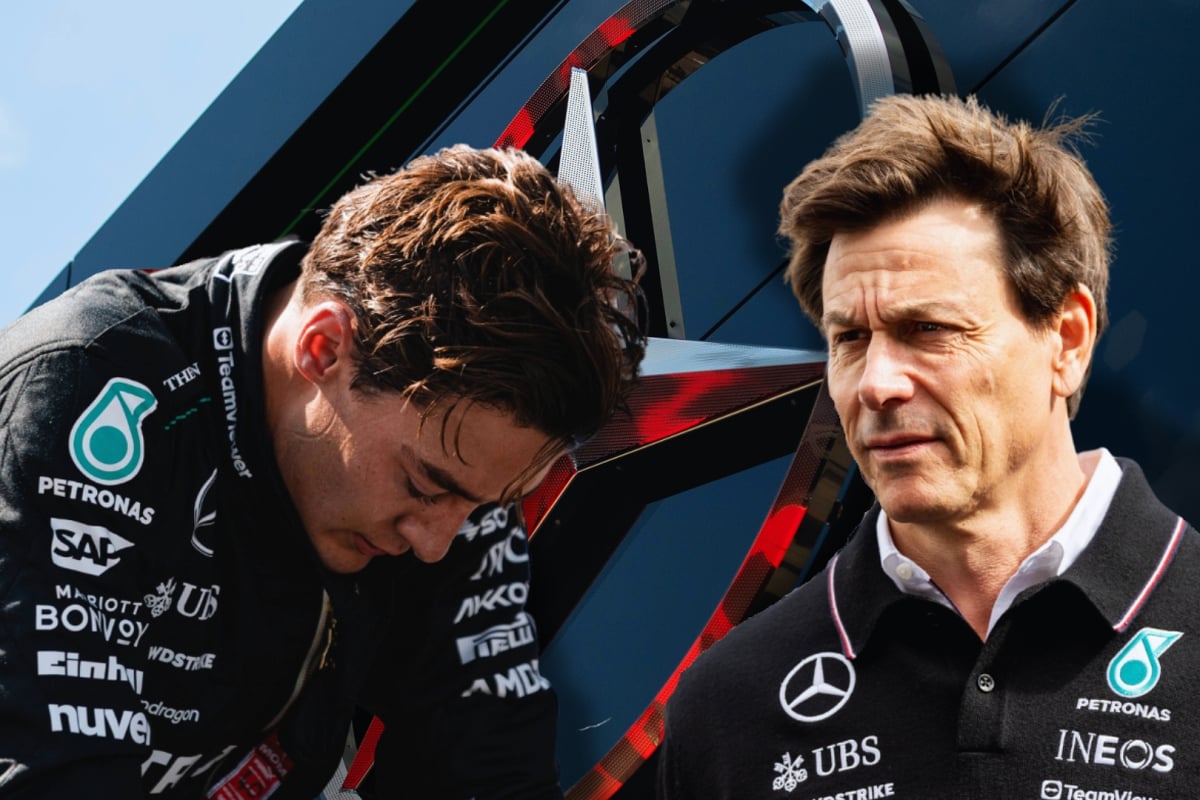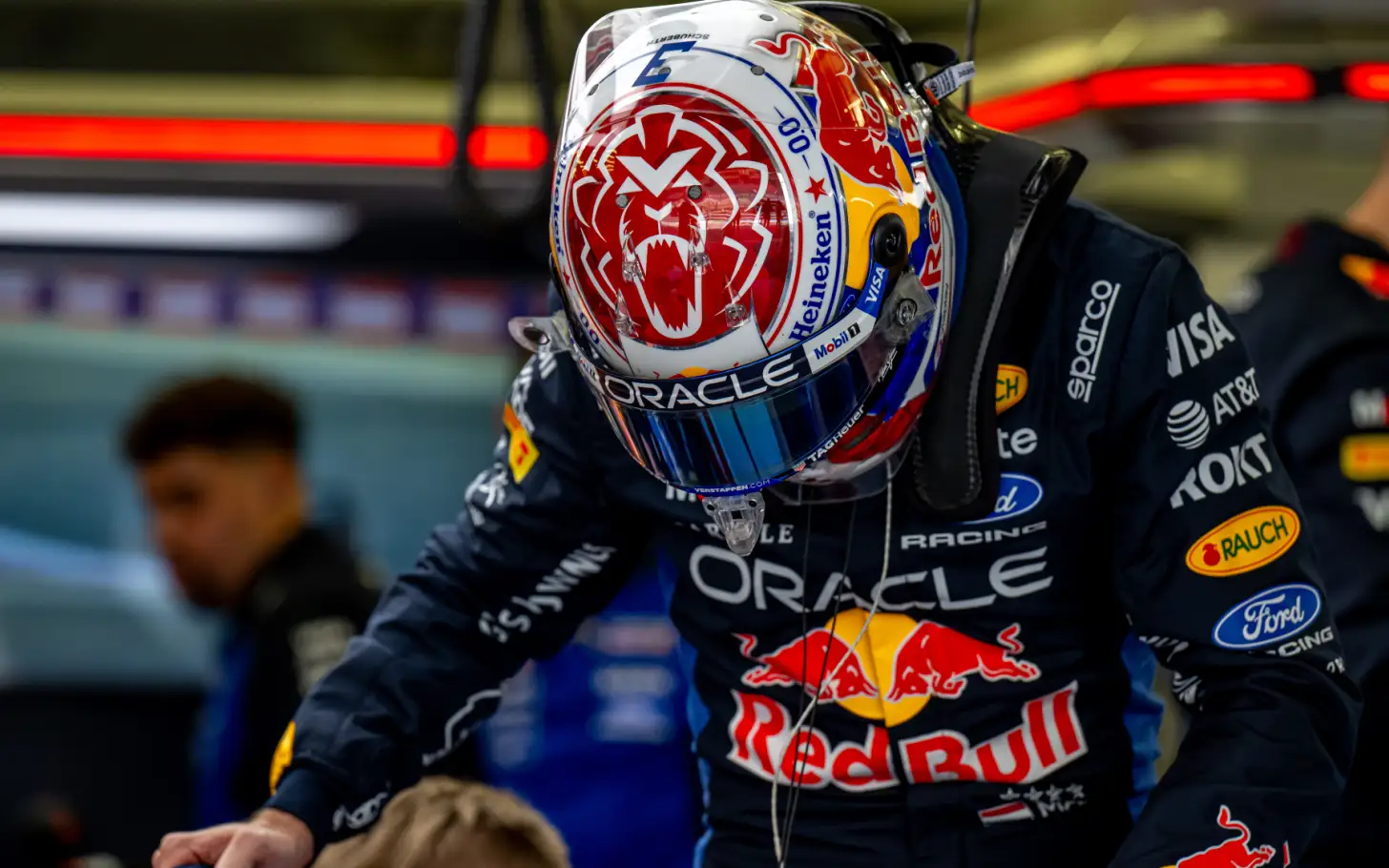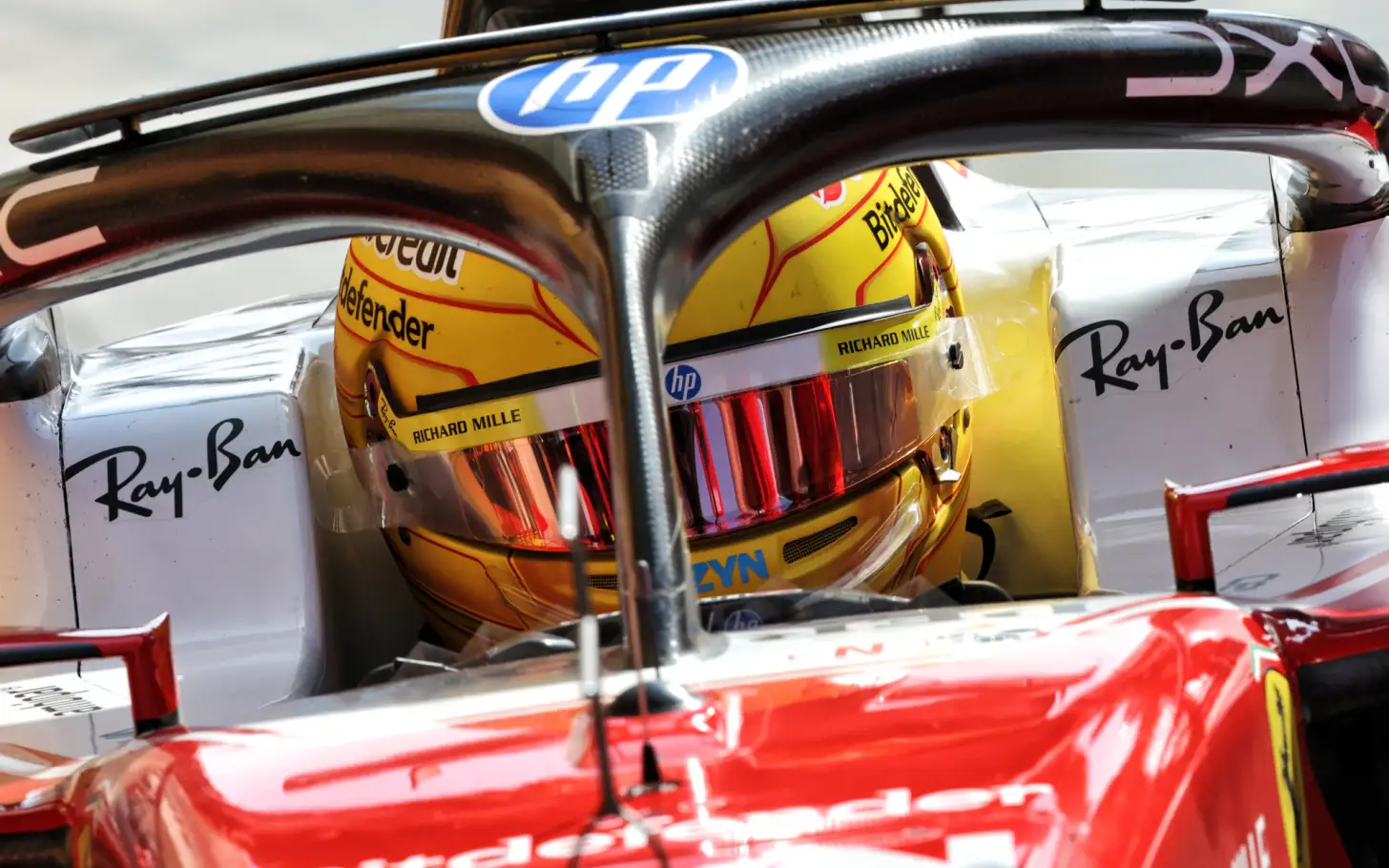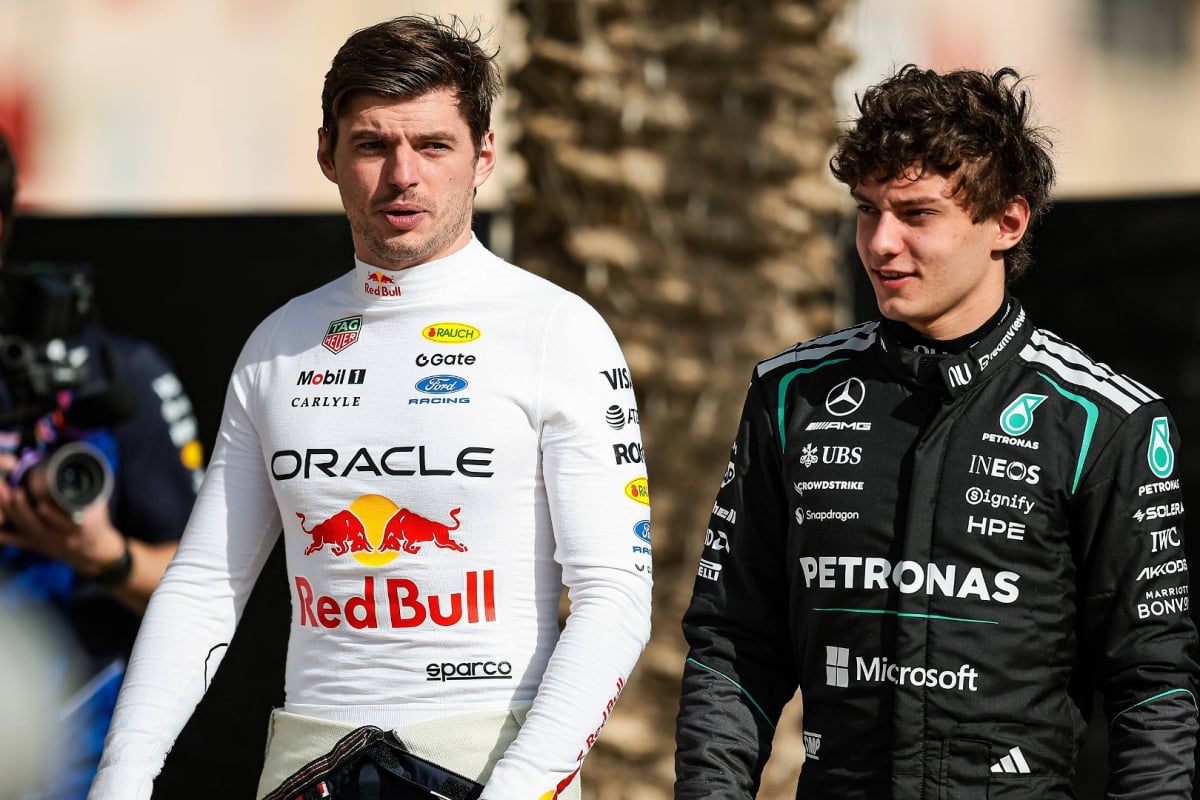Carlos Sainz Demands FIA Investigation Over Alleged Race Manipulation at Monaco Grand Prix
Controversy erupted following the 2025 Monaco Grand Prix, as Williams driver Carlos Sainz publicly called on the FIA to launch an investigation into what he believes were tactics that compromised the integrity of the race. The event, which saw McLaren’s Lando Norris claim his first-ever Formula 1 victory at the iconic Monte Carlo circuit, has been marred by allegations of strategic manipulation, particularly from teams in the midfield.
The central issue stems from the newly introduced rule mandating a minimum of two pit stops per driver. Intended to add strategic variety and increase excitement, the regulation had an unintended consequence at Monaco, where overtaking is notoriously difficult due to the track’s narrow, twisty layout. As a result, some teams allegedly began using their cars in a tactical manner to influence the race’s outcome—by deliberately slowing the pace to affect the pit strategies of rivals.
Sainz expressed his frustration after the race, pointing specifically at Racing Bulls, accusing them of exploiting the rule in a way that unfairly altered the race dynamics. He claimed that Racing Bulls driver Liam Lawson deliberately slowed down during the early stages of the Grand Prix to create a gap for his teammate, Isack Hadjar. This maneuver, according to Sainz, enabled Hadjar to complete both of his required pit stops without losing track position, ultimately finishing an impressive fifth—an outcome Sainz deemed “manipulated.”
“We were driving four seconds off the pace at times,” Sainz said in a post-race interview. “Lawson managed to lose 40 seconds to Hadjar on purpose. That allowed Hadjar to pit twice and still come out ahead, while we were stuck behind a much slower car. That’s not racing—it’s shaping the result.”
Sainz also revealed that his own team, Williams, had to reluctantly adopt similar tactics later in the race just to remain competitive, further emphasizing how widespread the issue had become during the event. He warned that if such strategies go unchecked, they could become a recurring problem, especially on circuits where overtaking is limited.
The Spaniard urged the FIA to step in and analyze whether these team orders and deliberate pace manipulation violate the sport’s competitive principles. While no formal protest has been filed yet, the spotlight is now on the governing body to address the growing concern over how rules are being interpreted and applied.
No official comment has yet been made by the FIA regarding Sainz’s accusations, but pressure is mounting. With the new pit stop regulation still in its early stages, many are now questioning whether it needs to be revised—especially when it comes to tracks like Monaco, where strategy can so easily trump racing performance.
As the debate continues, the FIA may be forced to act quickly to preserve sporting fairness and prevent a repeat of such tactics in future races. For now, Sainz’s call has ignited a larger discussion on the fine line between smart strategy and unsportsmanlike manipulation in Formula 1.



